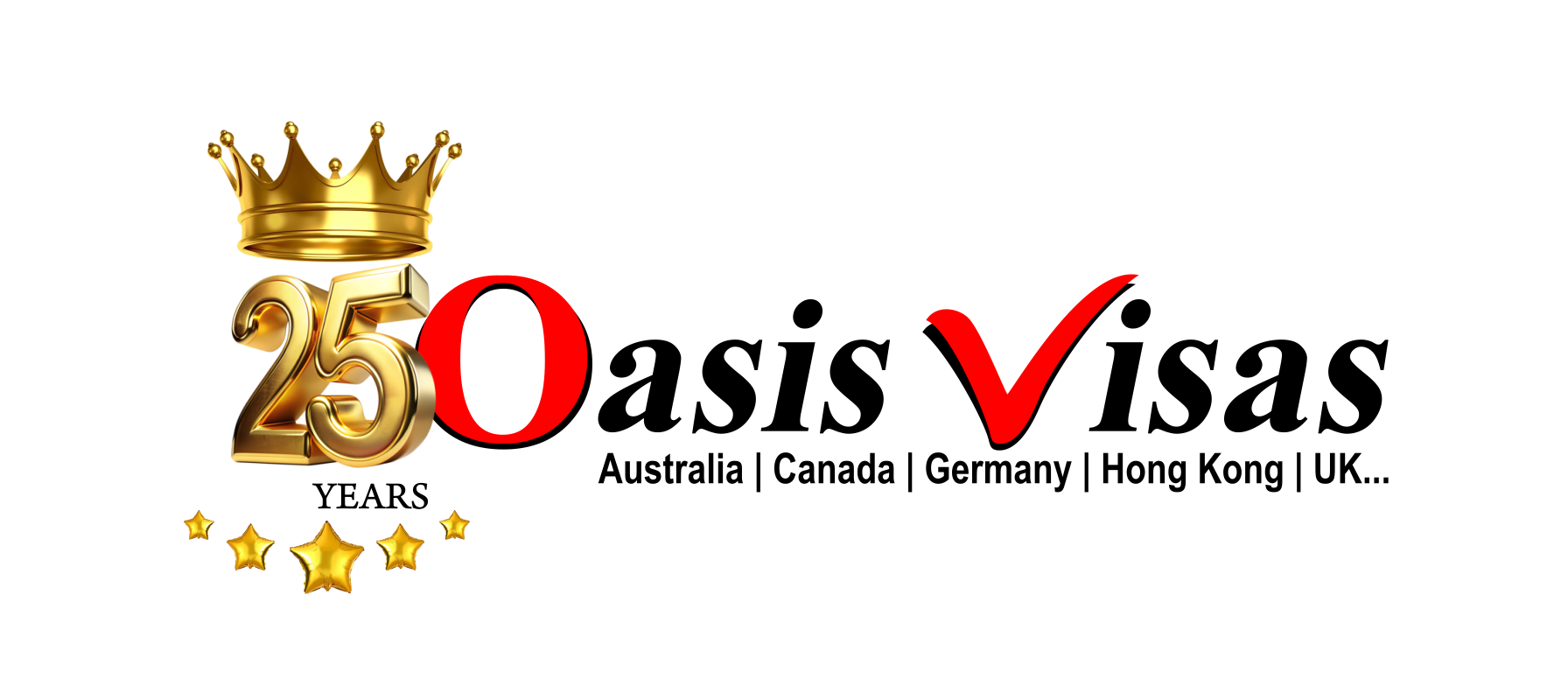The Canadian federal government is exploring the idea of adding three new occupational categories to the Express Entry system in 2026. These proposed categories include senior managers, scientists and researchers, and military personnel. If introduced, they could make it easier for foreign professionals in these fields to secure Canadian permanent residence.
Immigration, Refugees and Citizenship Canada (IRCC) revealed these potential categories in a public consultation notice posted on the Government of Canada’s website. The consultation will remain open until September 3, 2025. While no final decision has been announced, the aim is to launch the new categories in 2026 through Express Entry Canada’s system for managing skilled immigration applications.
Proposed New Categories
1. Leadership (Senior Managers)
This category would target highly skilled leaders who manage company operations and lead teams. According to IRCC, attracting senior managers could bring fresh ideas, drive digital transformation, boost productivity, and help Canadian businesses remain competitive in the global market.
2. Research and Innovation
Canada is also looking at prioritizing certain scientists and researchers. IRCC believes that promoting scientific research and innovation can increase productivity, strengthen performance, and stimulate long-term economic growth. Details on exactly which research areas would qualify have not yet been provided.
3. National Security and Defence
The third proposed category focuses on supporting the Canadian Armed Forces by selecting highly skilled military personnel from allied nations.
Other Priorities for 2026
While introducing these new categories, Canada is also considering keeping several current priorities from the 2025 selection.
Francophone Immigration
French-speaking immigration outside Quebec will remain a priority, in line with Canada’s Immigration Levels Plan, which targets 9.5% French-speaking permanent residents outside Quebec in 2026.
Sectors Facing Labour Shortages
IRCC is likely to maintain focus on sectors with long-term labour shortages, including:
- Healthcare
- Skilled trades (including construction to address housing needs)
- Education
- STEM (Science, Technology, Engineering, and Mathematics)
- Agriculture and agri-food
IRCC continues to seek feedback on whether the focus should be on talent already in Canada or recruiting from overseas.
Impact on International Students
Express Entry categories also influence Post-Graduation Work Permit (PGWP) eligibility. Since 2024, graduates from certain fields of study have been prioritized to align with labour market needs. Currently, 119 fields remain eligible for PGWPs, while 178 were removed earlier this year.
Graduates with bachelor’s, master’s, or doctoral degrees are exempt from these restrictions. Any new Express Entry categories in 2026 could also lead to changes in PGWP-eligible study fields. IRCC plans to announce updated eligibility lists in early 2026.
Background on Category-Based Selection
Category-based Express Entry draws were introduced in 2023 to address labour shortages by inviting candidates with specific skills or language abilities. The categories are reviewed annually to match Canada’s evolving job market needs.
In 2025, the categories include:
- French language proficiency
- Healthcare and social services
- Agriculture and agri-food
- STEM
- Trades
- Education (new in 2025)
Some category-based draws have lower Comprehensive Ranking System (CRS) cut-offs compared to general draws, giving candidates in high-demand sectors a better chance of receiving an Invitation to Apply (ITA). For example, a recent healthcare and social services draw had a CRS cut-off of 475, compared to 534 in the latest Canadian Experience Class draw.
If these new categories are approved, they could provide more targeted pathways for skilled professionals looking to make Canada their new home.

